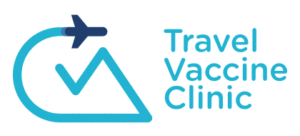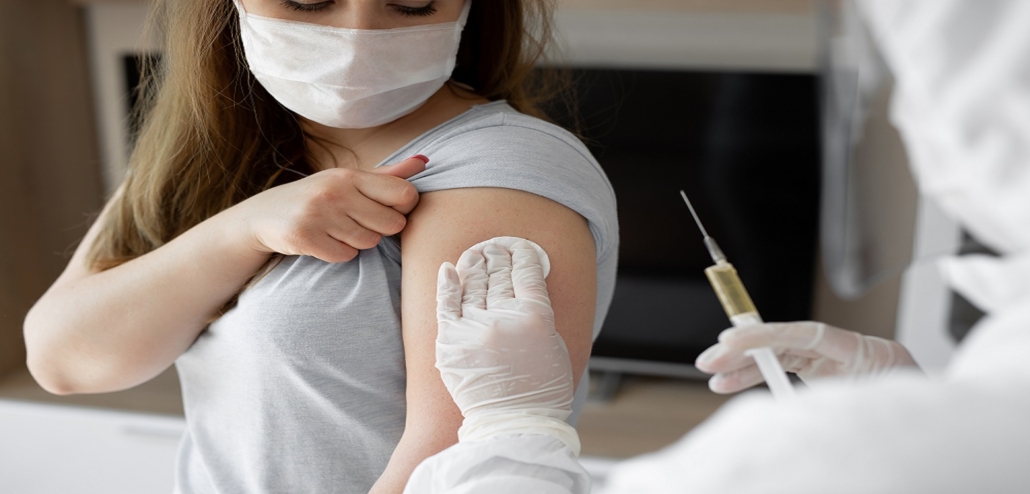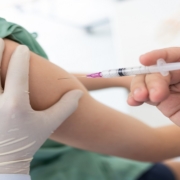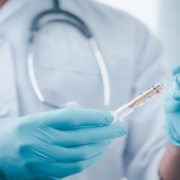No Consult Fee-Travel Vaccine Clinic-Understanding Shingles
What Is Shingle Disease?
The Centers for Disease Control and Prevention (CDC) do not specifically mention “shingle disease.” Shingles, also known as herpes zoster, is a viral infection caused by the varicella-zoster virus, the same virus that causes chickenpox. After a person has had chickenpox, the virus can remain dormant (inactive) in the body and later reactivate as shingles. Shingles typically causes a painful rash with blisters that can occur anywhere on the body, but most often appears as a band or strip of blisters on one side of the torso.
If you have any concerns about shingles or any other health issue, it’s always best to consult the healthcare professional at the travel vaccine clinic for an accurate diagnosis and appropriate treatment. Getting the shingles vaccine in Ontario might be the preventative measure you need to stay safe.
What Are the Countries That Are at High Risk for Shingle Disease?
The Centers for Disease Control and Prevention (CDC) does not have a specific list of countries that are high-risk for shingles. Shingles is a common condition that can occur in people of all ages, races, and geographical locations. However, certain factors, such as advancing age, having a weakened immune system, and having a history of chickenpox, can increase a person’s risk of developing shingles.
It’s important to note that anyone who has had chickenpox can develop shingles, regardless of where they live or what destination they travel to. That’s why it’s a good idea to get the shingles vaccine in Toronto.
How Can I Protect Myself from Getting the Shingles Disease?
The Centers for Disease Control and Prevention (CDC) recommends the following steps to help reduce your risk of getting shingles:
- Get vaccinated: Getting the shingles vaccine in Ontario can greatly reduce your risk of getting shingles and also help to lessen the severity of the disease if you do get it.
- Maintain a healthy lifestyle: Eating a balanced diet, getting regular physical activity, managing stress, and getting enough sleep can help to keep your immune system strong.
- Avoid close contact with people who have shingles: If you have never had chickenpox or the chickenpox vaccine, it’s important to avoid close contact with people who have active shingles, as the virus is contagious during this time.
- Practice good hygiene: Wash your hands regularly with soap and water, and avoid touching your face, especially your eyes, nose, and mouth.
It’s important to remember that even if you take all these steps, you may still get shingles. If you experience symptoms of shingles, such as a painful rash with blisters, it’s important to see a healthcare professional for an accurate diagnosis and appropriate treatment.
What Is the Shingle Vaccine?
The shingles vaccine, also known as the herpes zoster vaccine, is a vaccine that helps to prevent shingles and the long-term pain that can occur after shingles (post-herpetic neuralgia). According to the Centers for Disease Control and Prevention (CDC), the shingles vaccine is recommended for adults aged 50 years and older, regardless of whether they have had shingles before. The vaccine can be given as a single shot in the upper arm and is available in two forms: Zostavax and Shingrix.
The CDC recommends that adults who are eligible for the shingles vaccine in Toronto get vaccinated, as it can greatly reduce the risk of getting shingles and also help to lessen the severity of the disease if you do get it. If you have questions about the shingles vaccine, it’s best to consult our healthcare professional at the Travel Vaccine Clinic in Toronto or the travel vaccine clinic in North York for personalized advice.
Getting the Shingle Vaccine Before You Travel
Whether you plan to travel or not, The shingles vaccine is recommended for adults aged 50 years and older, regardless of whether they are traveling or not. The vaccine is designed to help prevent shingles and the long-term pain that can occur after shingles (post-herpetic neuralgia).
If you are 50 years or older and are eligible for the shingles vaccine, it’s a good idea to get vaccinated to help protect yourself from shingles and its potential complications.
If you have concerns about your health and travel, it’s always best to consult a healthcare professional at the travel clinic for personalized advice. They can help you assess your individual needs and recommend any necessary vaccinations or preventive measures for your specific travel plans. However, if you are planning to travel and are eligible for the shingles vaccine, it may be a good idea to get vaccinated before you go, as it can help protect you from shingles and their potential complications.
If you have concerns about your health and travel, it’s always best to come to our shingles vaccine clinic and consult our healthcare providers for personalized advice. They can help you assess your individual needs and recommend any necessary vaccinations or preventive measures for your specific travel plans.
Say yes to vaccines!
Vaccines prevent disease and save lives!
Open 7 days a week
Book your appointment now: Travelvaccineclinic.fullslate.com
or call 416-461-2419








Leave a Reply
Want to join the discussion?Feel free to contribute!